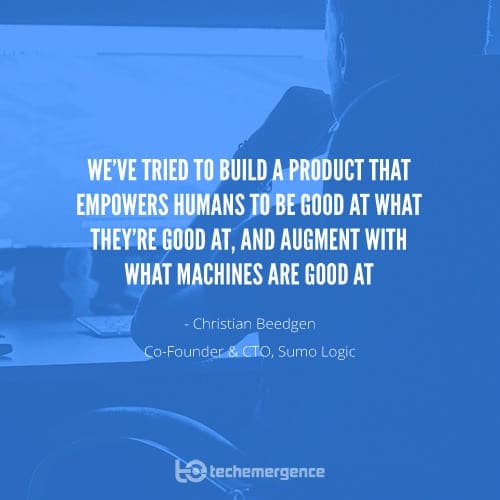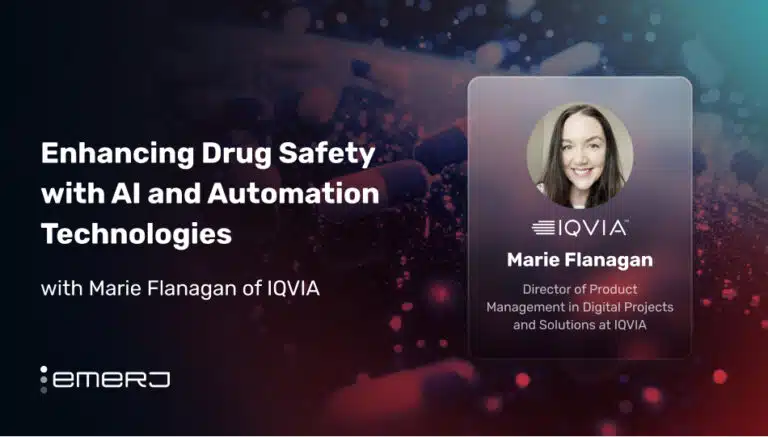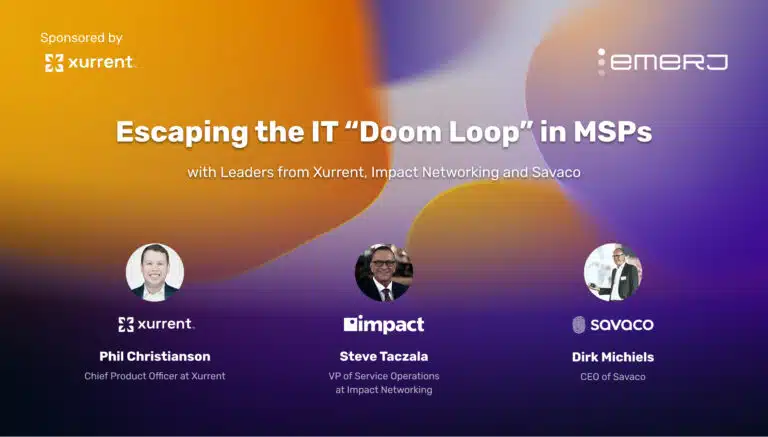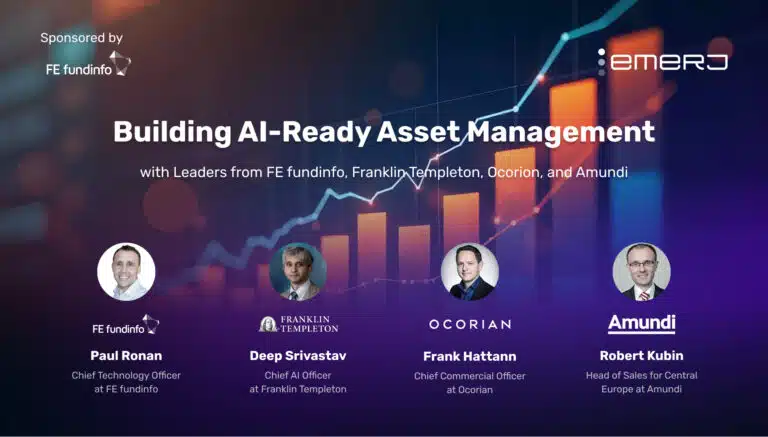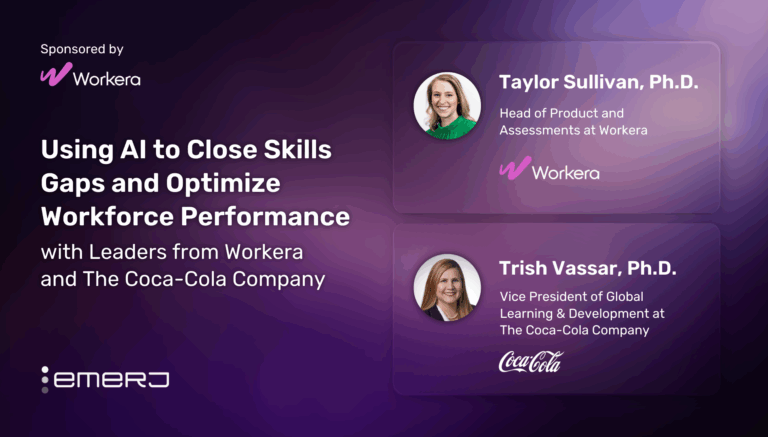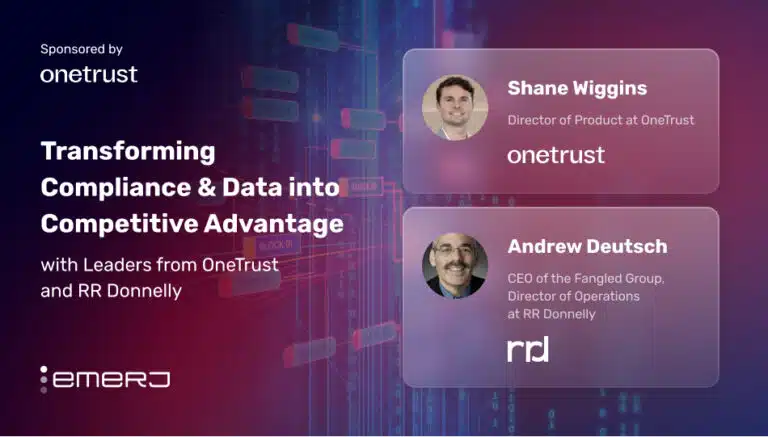Episode Summary: CTO and Co-founder of Sumo Logic Christian Beedgen gives his take on how to glean return on investment from applying machine learning to companies. There are no easy answers, but Beedgen boils down simple concepts for thinking about humans thinking through causation, machines working out correlations, and how the combination of the two can glean us better ideas and get to answers faster than humans can do alone.
Expertise: Infrastructure software design and engineering
Recognition in Brief: As co-founder of Sumo Logic, Christian brings 15 years experience creating industry-leading enterprise software architecture. Christian played critical roles at ArcSight from 2001 through January 2010, most recently serving as Chief Architect for event-based products, ArcSight ESM and ArcSight Logger. Prior to ArcSight, he was co-founder of Gigaton, an infrastructure software company enabling distributed file management solution over IP-enabled networks. Christian holds degrees from Humboldt University of Berlin and Fachhochschule Brandenburg.
Current Affiliations: CTO and Co-founder of Sumo Logic, Inc.
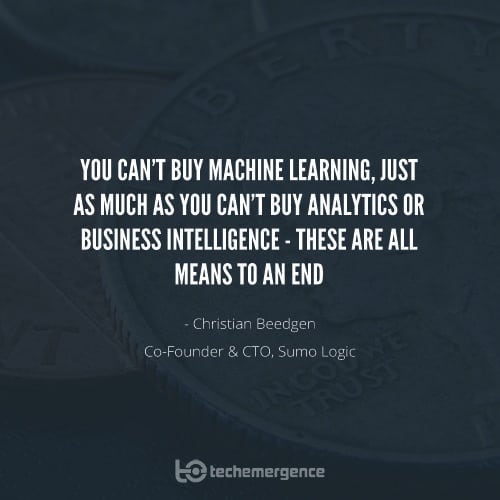
Interview Highlights:
(1:04) What are the criteria needed for a company to derive value from applying machine learning?
(5:57) Where do you often see low-hanging fruit for algorithmic approaches…(in other words) what do you see as the core set of business problems where algorithms are proving to be the best bet?
(14:40) Are there a lot of cases where you’ve found that across companies there are certain applications…where it’s almost cookie cutter, or more or less are we looking at sort of its own intellectual, initial jigsaw puzzle for executives to have to think through when they begin the implementation process (for ML)?
(18:32) When someone implements a system, whether for business intelligence or anomaly detection, etc…who should be in on that conversation? Should this be top-tier execs who get the broadest scope of the business? If we have folks schooled in machine learning in-house it seems to make sense to have them there…who do you recommend sit down and chat to do that initial intellectual work of making sure that we as a company can really derive some value here?
